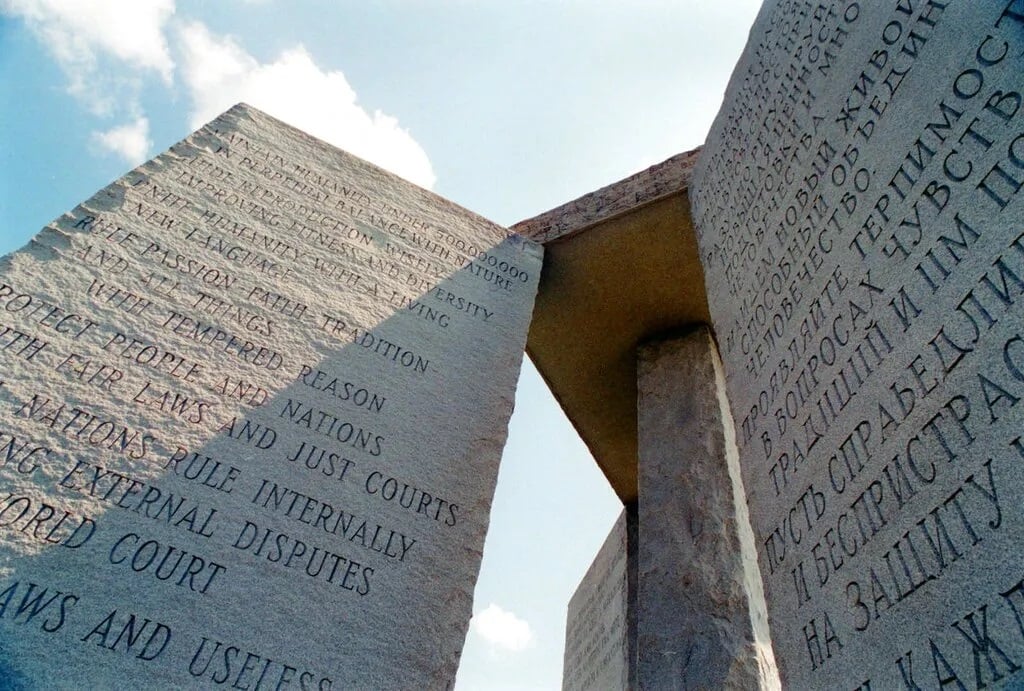Louisiana has made a significant move in education policy by becoming the first state to mandate the display of the Ten Commandments in all public school classrooms.
This new legislation, signed into law by Republican Governor Jeff Landry, requires poster-sized displays of the Ten Commandments in every public classroom, from kindergarten through state-funded universities.
Details of the Legislation

The new law mandates that these displays must be in “large, easily readable font” and be installed by the start of 2025. Governor Landry has defended the measure by emphasizing the historical and legal significance of the Ten Commandments, linking them to the origins of law and governance.
He stated, “If you want to respect the rule of law, you’ve got to start from the original lawgiver, which was Moses.”
Support and Justification

Supporters of the law argue that the Ten Commandments are not only religious but also historically significant.
They view these documents as foundational to both state and national government, describing them as “foundational documents” of American legal tradition. This perspective seeks to frame the Ten Commandments as integral to American history and governance.
Context and Funding

Each Ten Commandments poster must be accompanied by a four-paragraph “context statement,” detailing the historical role of the Ten Commandments in American education and asserting their prominence for “almost three centuries.”
To address concerns about public funding, the law specifies that state funds will not be used for the posters; instead, they are to be funded through private donations.
Inclusion of Other Historical Documents

In addition to the Ten Commandments, the law authorizes the display of other historical documents in K-12 public schools, including the Mayflower Compact, the Declaration of Independence, and the Northwest Ordinance.
This inclusion aims to balance the religious nature of the Ten Commandments with other foundational American documents.
Legal Challenges and Opposition

The legislation has sparked immediate backlash from civil rights groups, including the American Civil Liberties Union, Americans United for Separation of Church and State, and the Freedom from Religion Foundation.
These organizations have pledged to challenge the law’s constitutionality, setting the stage for a significant legal battle over religious displays in public education.
Criticism and Concerns

Critics argue that the law could undermine equal education and potentially compromise the safety of students from diverse religious backgrounds.
They worry that displaying the Ten Commandments might imply government endorsement of a particular religion, creating an exclusionary environment for non-Christian students.
Political Context

The passage of this law reflects a broader conservative shift in Louisiana’s political landscape. Governor Landry’s administration, which succeeded Democratic Governor John Bel Edwards, represents a new era of conservative leadership.
With the GOP holding a supermajority in the Legislature and controlling all statewide elected positions, conservative agenda items have gained traction.
Regional Religious Influence

Louisiana’s strong religious presence, particularly within the Bible Belt, provides important context for this legislation.
The state’s deep-rooted religious values, especially among Christian denominations, have influenced the strong support for displaying the Ten Commandments in schools.
Similar Legislation in Other States

While Louisiana is the first state to pass such a law, similar bills have been proposed in other states like Texas, Oklahoma, and Utah. However, these proposals have been hindered by potential legal challenges.
The outcome of Louisiana’s implementation and its legal challenges may impact similar efforts in other conservative states.
Precedent and Legal Scrutiny

The constitutionality of displaying religious texts in public schools has been contentious, with a significant precedent set in 1980 when the U.S. Supreme Court ruled a similar law in Kentucky unconstitutional.
The Court determined that the Kentucky law violated the establishment clause of the U.S. Constitution. The Louisiana law will face scrutiny under the First Amendment’s establishment clause, which prohibits laws respecting an establishment of religion. This clause has been central to numerous legal battles over church and state separation, and the Louisiana law will likely be examined for its balance between religious freedom and state neutrality.
Implementation Timeline and Impact

The law requires that Ten Commandments displays be installed in all public classrooms by the start of 2025, providing schools time to comply. The period leading up to this deadline is expected to be marked by intense legal and public debates regarding the law’s constitutionality and practicality.
Louisiana’s law could set a precedent for other states considering similar measures. As the first successful enactment of such legislation, it may reignite national debates on the role of religion in public schools and the limits of religious displays in government-funded institutions.








































